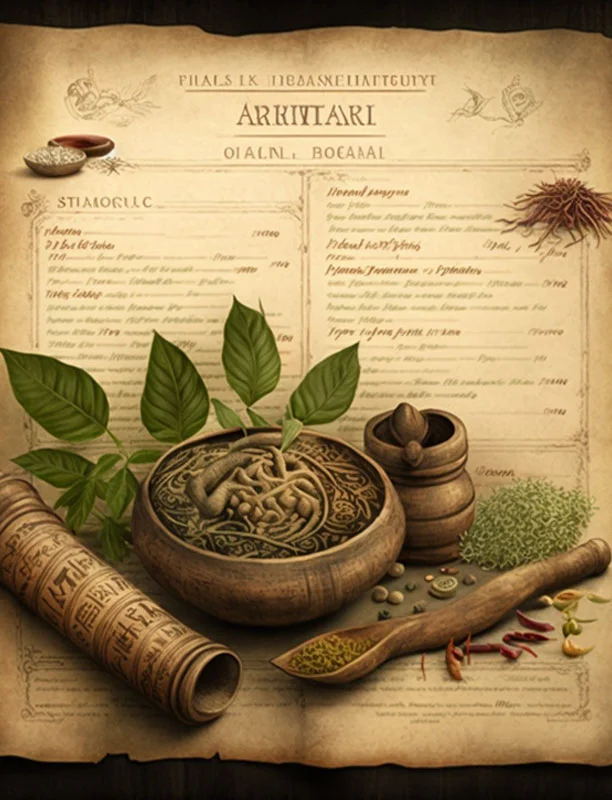Get a Free Ayurveda Consultation from The Indian ayurveda!
- care@theindianayurveda.com
- +1-215-610-0260
- What is Ayurveda
- Methods and Treatments
- Gastritis Relief with Ayurveda
- Eye Health Through Ayurveda
- Skin Health Through Ayurveda
- Menopause smooth transition through Ayurveda
- Joint Pain Relief with Ayurveda
- Sleep Apnea Relief Through Ayurveda
- Tinnitus Relief with Ayurveda
- Heart Health Through Ayurveda
- Kidney Health Through Ayurveda
- Liver health through Ayurveda
- Migraine Relief with Ayurveda
- Healing Herbs
- Case Studies
- Journals
- Contact Us

- What is Ayurveda
- Methods and Treatments
- Gastritis Relief with Ayurveda
- Eye Health Through Ayurveda
- Skin Health Through Ayurveda
- Menopause smooth transition through Ayurveda
- Joint Pain Relief with Ayurveda
- Sleep Apnea Relief Through Ayurveda
- Tinnitus Relief with Ayurveda
- Heart Health Through Ayurveda
- Kidney Health Through Ayurveda
- Liver health through Ayurveda
- Migraine Relief with Ayurveda
- Healing Herbs
- Case Studies
- Journals
- Contact Us




